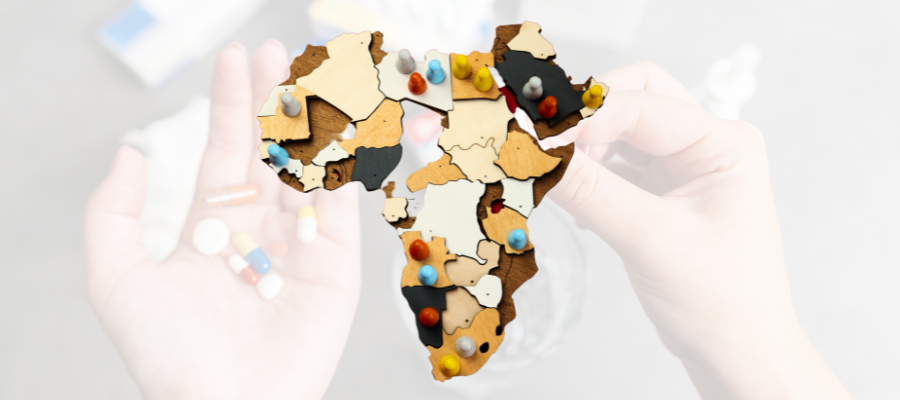
In July 2023, the Minister of Economy and Commerce in Libya issued Decision No. 379 of 2023 requiring the application of a GS1 DataMatrix on pharmaceutical products and medical equipment supplied to the Libyan market.
The path of barcoding of pharmaceuticals and medical devices
Decision No. 379 of 2023 planned the application of the standard barcode system to pharmaceutical products and medical devices traded in Libya. It obliges all pharmaceutical and medical equipment companies and manufacturers, and drug and medical equipment stores that distribute medicines and medical devices to use barcodes based on GS1 standards on all traded pharmaceutical products inside Libya.
Decision No. 379 specifies the data that should be included in the GS1 DataMatrix for pharmaceutical products and medical devices.
For pharmaceutical products, the barcode must contain the following information:
- Global Trade Item Number (GTIN)
- Serial Number (SN)
- Batch/ Lot number
- Expiry date
For medical devices, the barcode must contain only:
- Global Trade Item Number (GTIN)
- Serial Number (SN)
- Batch/ Lot number
It is prohibited to trade pharmaceutical products and medical devices without the specified barcode.
The requirements will enter into force after six months from the date of issuance of this decision.
The implementation of these requirements aims to establish a unified tracking system for pharmaceutical products, allowing authorities to trace medicines from their source to the consumer, thereby preventing counterfeiting and fraud.
This decision applies to all agents, suppliers of medicines and medical equipment, and local manufacturers who are required to put the 2D barcode to comply with the unified tracking system.
Market overview
Healthcare is a vital aspect of the Libya nation’s development. The main challenge facing the pharmaceutical industry in Libya is the lack of medicines and medical supplies. The Libyan government has made significant investments in the country’s health system and pharmaceutical industry to improve access to medical supplies and medicines.
These investments have resulted in the establishment of public pharmaceutical companies and the construction of new factories and hospitals. Efforts to improve the industry continue to present times, both in the public and private sectors, to ensure that Libyans have access to the necessary medical supplies and medicines. By streamlining logistics and supply chain management, the healthcare sector in Libya can be strengthened to effectively meet the needs of Libyan citizens.
Sources:





